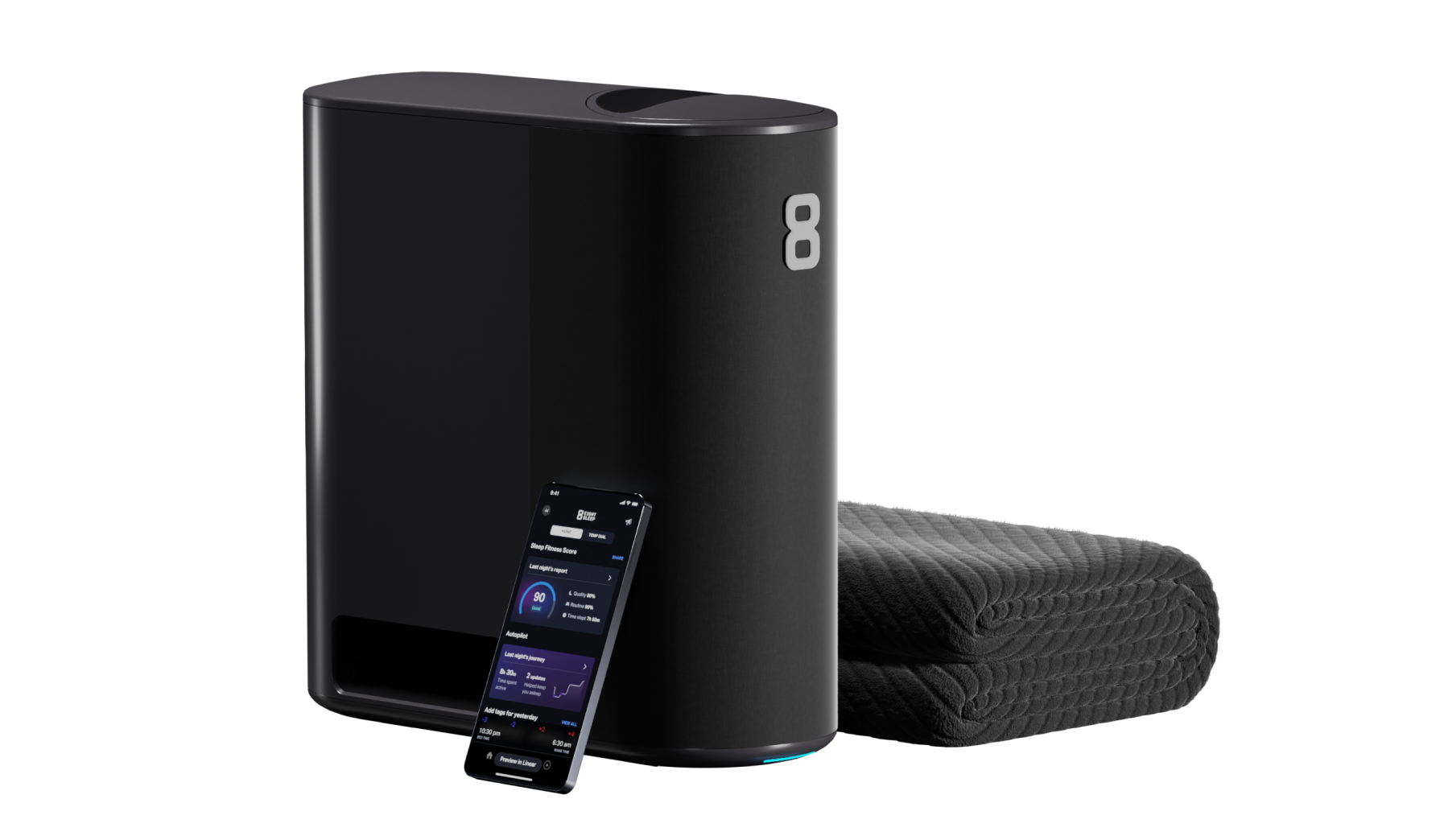By now, the term ASMR has likely made its way onto your social media feed and into your orbit as qualified experts and content creators try their hand at the buzzy trend in relaxation. We know that sounds like white, brown, and pink noise all have the capability to soothe different areas of the brain and promote a sense of calm that may be useful in helping you fall asleep — but what about ASMR? First, it’s important to know what this relaxing audio actually is, and why it’s so satisfying to listen to.
What is ASMR?
ASMR can’t simply be boiled down to the soothing, gentle sounds of whispers or tapping long nails against a microphone (although that is certainly part of it.) According to the Sleep Foundation, ASMR (Autonomous Sensory Meridian Response) is actually the term for the experience or response some people have when listening to quiet these sounds and targeted audio.
Although the research around ASMR is still relatively limited, one study revealed that possible triggers for the sensation are: whispering, tapping, scratching, and closer personal attention. Other triggers may stretch as far as receiving a massage, watching a video of gentle movement, or even getting a check-up.
If you often feel that sensation of tingles or shivers on your scalp and neck when listening to this type of repetitive sound, this is a good indicator that you are susceptible to the ASMR experience. Check out an example here.
How might ASMR benefit your sleep?
While research on the full scope of benefits that ASMR can provide is still being conducted, sleep is one area that may get a boost from these soothing sounds. It’s no secret that sleep is one of the most important factors that dictates your overall health, and ASMR may just be a new tool that can help you take your evening routine to the next level.
In fact, one recent study revealed that people who experience the phenomenon of ASMR were noticeably soothed by this audio as it was able to “induce the brain signals required for sleep” and effectively kept the participants “in a psychologically comfortable state.” Put simply, the gentle, repetitive sounds helped put some (but not all) participants to sleep. ASMR also triggers the area of the brain connected to relaxing hormones such as dopamine and oxytocin, making a promising case that it can truly be beneficial to sleep.
That being said, another study showed that only 81% of participants experienced an ASMR response when listening to these types of sounds. Therefore, you would only reap the benefits of this tool if you were someone who was receptive to the calming audio to begin with. Interestingly, research has suggested that those who display more mindful characteristics are actually more likely to experience the feel-good sensations of ASMR (yes, this is your sign to start meditating). Check out an example
Other ways to boost sleep quality
Using ASMR sounds and videos to get yourself into a relaxed headspace is a great place to start for improving your rest, but that’s just the tip of the iceberg when it comes to supporting good sleep hygiene. It stands to reason that the mattress you’re relying on every night should be able to support your unique needs, and the Eight Sleep Pod 3 Mattress has been shown to provide users with up to 34% more deep sleep each night, as well as up to a 32% improvement in the overall quality of your zzz’s.
Other expert-loved ways to improve rest according to the CDC are:
- Removing electronic devices from your bedroom
- Prioritizing physical activity during the day
- Setting up your room with mood lighting and a comfortable temperature
- Going to bed at the same time each night
ASMR may not be the singular solution to your sleep concerns, but alongside a supportive mattress and an intentional bedtime routine, these sounds and videos are a great resource for setting the scene for a more relaxing night.



